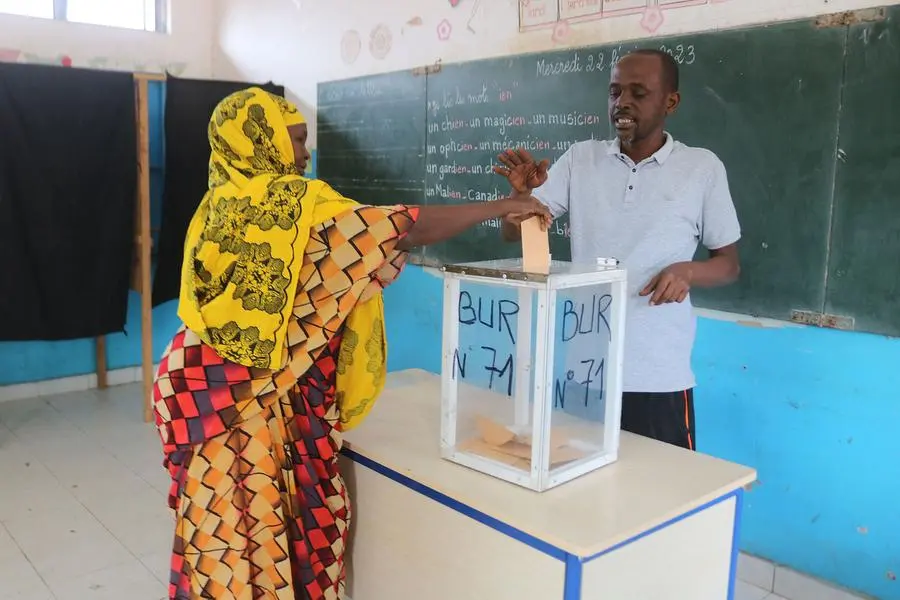PHOTO
Djibouti on Wednesday defended its decision to expel officials from the Paris-based International Federation for Human Rights (FIDH), accusing the advocacy group of lacking "neutrality" in its mission.
Alexis Deswaef, FIDH's vice president, was picked up by officers at his hotel on Monday after two days in the country and put on a flight to neighbouring Ethiopia, the group said in a statement.
A day earlier, a programme director on the same FIDH fact-finding mission and also in possession of a visa, was refused entry at Djibouti airport and put on a flight to Istanbul.
Police gave no reason for the expulsions.
But on Wednesday, Djibouti's interior ministry accused Deswaef of being a lawyer for Daher Ahmed Farah, a member of the opposition who has been imprisoned several times and who also "sued the State of Djibouti before the UN Human Rights Council".
"Therefore, Djibouti regrets the lack of neutrality of this mission and invites the FIDH to reconsider the choice of its emissary," a ministry statement said.
Deswaef met with human rights representatives, unions, opposition politicians, foreign diplomats and United Nations staff.
The mission intended "to make an inventory" of the conditions facing human rights defenders, according to a statement by the FIDH and the Djiboutian League of Human Rights (LDDH).
The visit came after the ruling party in Djibouti last month retained its significant majority in parliament following elections it was assured of winning after an opposition boycott.
The main opposition parties in the tightly controlled Horn of Africa nation refused to participate in the legislative vote, denouncing the process to elect 65 MPs as a sham.
A stable country in the heart of a troubled region, Djibouti enjoys a strategically crucial position at the mouth of the Red Sea, using it to woo trade investors and foreign military powers, hosting American, French and Chinese military bases.
President Ismail Omar Guelleh, who has ruled the country since 1999, was re-elected for a fifth term with 97 percent of the vote in 2021.
His rule has seen a crackdown on press freedom and dissent.
"What happened to my colleagues is unacceptable, but not surprising," FIDH President Alice Mogwe said in the statement.
"What is more surprising is the passivity of European governments, the United States and China, who are happy to use their bases in Djibouti without caring about what is happening to the local population."




















